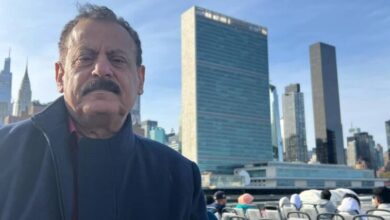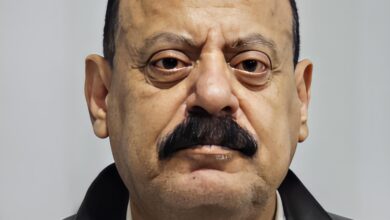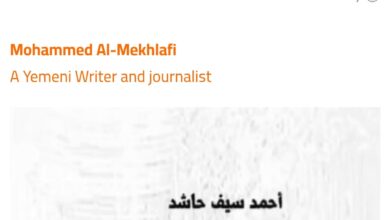Between Political Authority and My Mother

Yemeni mp
Ahmed Saif Hashed
“Political authority” is certainly not akin to my mother. What my mother does is undeniably driven by an immense love for her child, whom she cherishes more than herself, and by a profound fear for my well-being, which she clearly prioritizes over her own health.
In contrast, the actions of “political authority” have no connection to love or health, nor to anything virtuous; rather, they stem from motives of oppression, subjugation, and perhaps even enslavement.
Sometimes, comparisons can be unjust and may seem foolish, especially when the disparity between the two is colossal or staggering.
The only semblance between my mother and “political authority” might be the use of repression. However, truth compels us not to resent our mothers, regardless of their age, nor to rebel against them, no matter how much power we may possess.
On the contrary, we are obliged to respect and honor them with great virtues, while “authority” suppresses and tyrannizes the people.
It is true that both exert control within their domains, but “political authority,” lacking legitimacy, often arises through coercion and usurpation, or through deception and manipulation.
My mother’s legitimacy, however, stems from the very essence of my existence. Yet, the more pressing question is: why do we rebel against our mothers, who deserve our obedience and submission, while we do not revolt against any “authority,” as long as it is unjust and oppressive?
Indeed, both my mother and “authority” share a certain ignorance, albeit with significant differences.
My mother’s ignorance is justifiable; it is part of her reality, and the responsibility to change that lies primarily with “authority,” which should actively combat ignorance.
How can we overlook the fact that “authority” often perpetuates ignorance, not just in early childhood settings, but also within schools and universities, relying on it to a considerable extent in its policies?
“Authority” believes that oppression is the only or primary option for achieving immediate results; yet, such outcomes often turn out to be shocking or disappointing. Worse still, “authority” stubbornly persists in its obstinacy towards its people, refusing to acknowledge its errors until it has incurred a far greater cost due to its own pride, which leads to disastrous consequences.
In contrast, my mother feels remorse as soon as her brief anger subsides. She regains her composure, reclaiming her nurturing spirit, enveloping me in an outpouring of love and unparalleled care, selflessly prioritizing my well-being above her own.
It is indeed tragic to compare an authority burdened with oppression and crimes to a mother who is willing to sacrifice everything for her child’s love at any moment.
* * *






